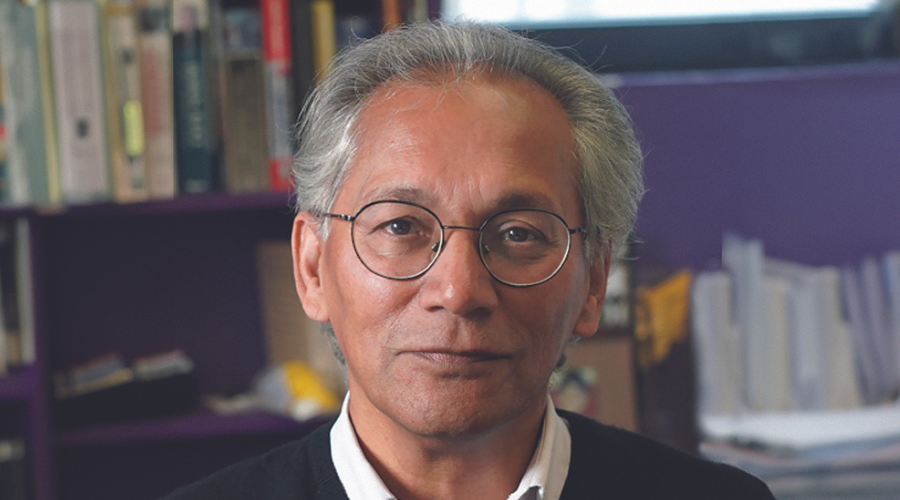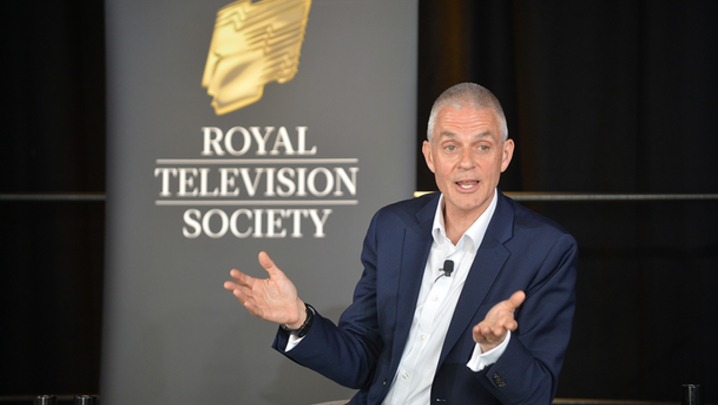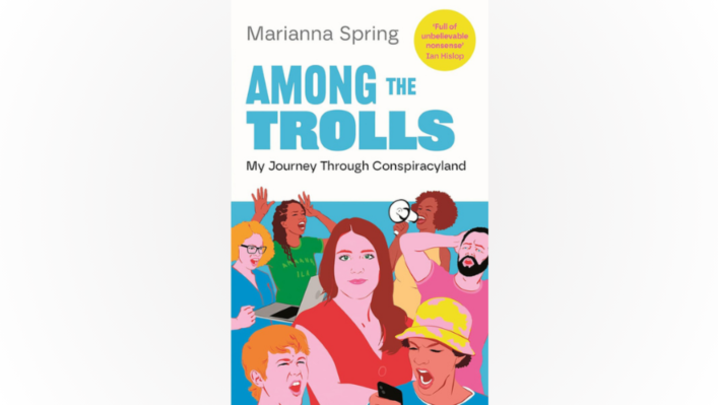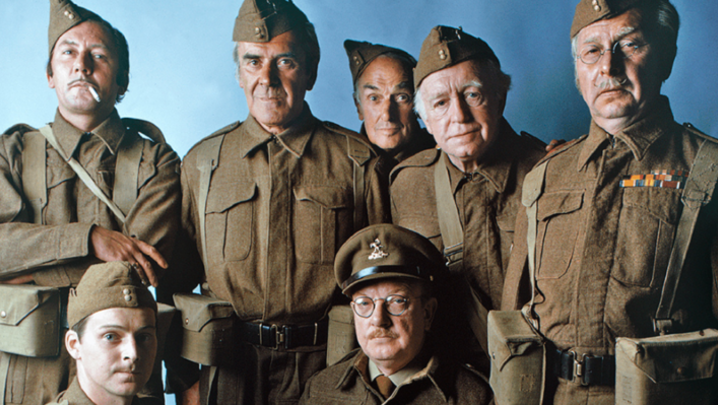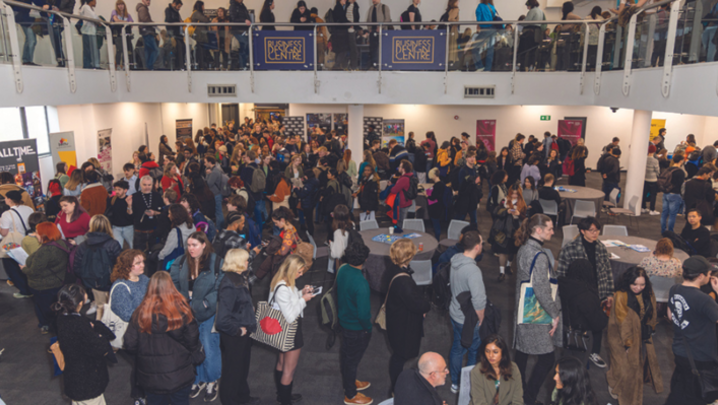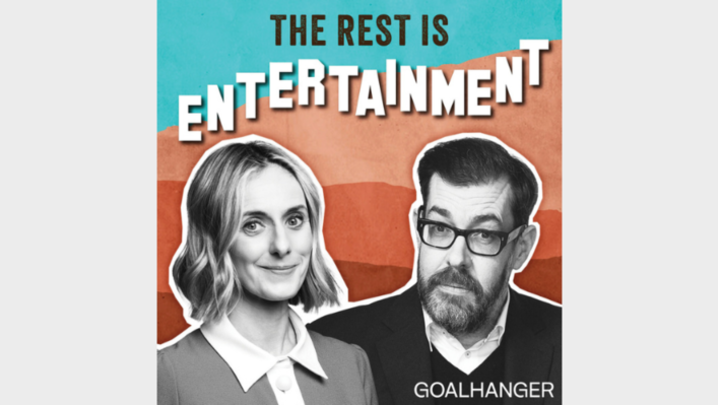Steve Clarke profiles Samir Shah, the incoming Chair of the BBC
Shah may not be the most politically well-connected of BBC Chairs or have the experience of running a large-scale organisation, but his broadcasting and television credentials are impeccable.
He is also the organisation’s first Chair of colour and, whereas recent BBC leaders such as Gavyn Davies, David Clementi and Richard Sharp all had successful careers in the City before being given the BBC job, the new Chair’s background is steeped in television journalism.
There is nothing patrician or entitled about Shah who, in a TV career spanning five decades as a highly regarded producer of current affairs and documentaries, appears to have made few enemies. “Samir is not the sort of person who pisses people off or who makes them angry,” notes broadcaster Trevor Phillips, a friend and colleague for almost 45 years.
The two of them began their TV careers together as researchers at London Weekend Television’s (LWT) London Minorities Unit, working on Skin, a pioneering programme for and about black Londoners.
People who know Shah well say that his forensic, evidence-based approach to journalism and ideas per se was instilled in him by John Birt, then LWT’s programme chief, whose “mission to explain” philosophy was implemented in programmes such as Weekend World, the in-depth political interview series hosted by the late Brian Walden.
“You could see this approach very much on display during Samir’s recent Select Committee Hearing,” says Lord Hall, the former BBC Director-General who, as the corporation’s Director of News, was Shah’s boss at the BBC. “Samir is not someone who ever jumps to conclusions. He will always examine the evidence first. That is one of his strengths.”
Asked about Gary Lineker’s tweets on the Government’s plans to send asylum seekers to Rwanda, and whether they had broken BBC guidelines, Shah’s reply was measured. He suggested it was a “perfectly proper thing for the board to ask the executive whether the new guidelines have achieved their intention. It may well be that they need to review them again.”
Before joining LWT, Shah had worked briefly as an academic; his full title is Dr Samir Shah after taking a DPhil from St Catherine’s College, Oxford, where he studied a subject close to home, “Aspects of the geographic analysis of Asian immigrants in London”.
He was born in 1952 in Aurangabad, India. The family moved to England when he was eight. Shah went to Latymer Upper School in west London, before reading geography at the University of Hull. One of his early intellectual interests was the Marxist philosopher Louis Althusser. He is a devoted Manchester United fan, a regular visitor to Old Trafford and enjoys good food and good company. His half-brother, Mohit Bakaya, is Director, Speech Audio at BBC Radio 4.
Shah lives in Chelsea, south-west London and is married to Belkis Bhegani, a former journalist on Broadcast magazine who these days helps run Juniper, the independent production company Shah bought in 1997 from Michael Wills, when Wills was first elected as a Labour MP.
Belkis also writes questions for TV quiz shows. The couple have one son, Cimran, who is a commissioning editor in Channel 4’s entertainment department. The Last Leg is among his commissions.
When, in 1987, Birt, then BBC Director-General, hired Shah as the broadcaster’s Head of Current Affairs, bringing in a much-needed ally from his old company, LWT, there was uproar from the old guard. They hated the idea of an ITV man (LWT was the weekend London ITV franchise) running such a key part of the BBC’s journalism. “They regarded him as one of Birt’s stormtroopers, but it wasn’t long before they recognised that he, like them, was dedicated to making high-quality programmes,” says former Newsnight editor Peter Horrocks. “Samir was actually very similar to the people who were already working at the BBC.”
At the BBC, he launched several new political shows, including Sunday lunchtime’s On the Record, presented by Jonathan Dimbleby, among others. As a BBC executive recalls, colleagues soon realised that, despite his intellectual gifts, he possessed a keen sense of fun. “Samir might have been employed by John Birt but, behind his back, he wasn’t above gently teasing him,” recalls one.
In the run-up to his recent Select Committee hearing in which MPs interrogated him following his appointment as “the preferred candidate”, friends warned him: ‘Don’t crack jokes. This is a serious business.’”
“Samir understands programme making,” says Lord Hall. “To have a Chair who understands that creative process and what it is that sets the BBC apart is a huge asset.
“He’s also worked outside the BBC. Having that insider/outsider perspective on the BBC is very important because it’s a city state. Samir will bring a sense of perspective in spades to the BBC.”
Not since Michael Grade held the post from 2004 to 2006 has the job been occupied by an editorial figure. In at least one way, however, Shah is unique. “Samir is the only BBC Chair who’s ever experienced racism,” notes Pat Younge, the independent producer who worked for Shah at the BBC when he was running the corporation’s political programmes in the mid-1990s.
“He is a proper intellectual,” says Phillips. “Big brain, thorough and rigorous to a pain-in-the-arse degree. He is the kind of executive producer who will not let anyone leave the room until 6:00am, when we’ve solved the puzzle.
“It could be something as detailed as where to put the semicolon in a script. That makes him sound tiresome, but he isn’t. He’s incredible fun to work with.”
Younge adds: “Samir is uniquely qualified for chairing the BBC. He’s worked at broadcasters other than the BBC, been a senior employee of the BBC and sat on the board of the BBC. He’s also run an independent production company (Juniper) and the Runnymede Trust, a respected and influential think tank looking at issues of race. Bizarrely, he has no social media profile at all. I think he’s got the skills to do a decent job.”
His work to promote diversity in UK broadcasting is second to none. When, in 2022, he was awarded the Outstanding Contribution Award at the RTS Television Journalism Awards, the citation said that Shah “has probably done more for the cause of diversity in television journalism than any other individual.”
Yet the new BBC Chair’s views on race are not always predictable. Horrocks notes: “He always had this iconoclastic approach, especially on race. He was asked by John Birt to do something about diversity at the BBC. Of course, he championed diversity, but he was also very good at saying: ‘You white guys just don’t understand that you’re wrong to think of ethnic minorities all as one group. The differences between ethnic minorities in the UK are as big as those between the white population and the non-white population.’”
Much of the press coverage of Shah’s appointment, certainly in the tabloids and right-of-centre papers, has focused on his so-called “anti-woke agenda”. While there does seem to be some truth in this – because Shah’s views are not always what you would expect from a person of colour – the truth is more nuanced. As Chair of the Museum of the Home, he and the rest of the board decided to retain the statue of its founder, Robert Geffrye, despite protests from local activists and politicians who wanted to tear it down because of Geffrye’s links to slavery.
Whether Shah is streetwise enough and possesses the political antennae to be a successful Chair only time will tell. Make no mistake, few jobs in British public life offer as much potential to trip up the occupant as does chairing the BBC. Davies, Sharp and Chris Patten were three recent holders of the post who left office under a cloud before their term was up.
“Being BBC Chair is very lonely. I wonder who he’s going to turn to when things get tough,” says Younge.
Crucial to being a successful BBC Chair is forging a good working relationship with the Director-General. Tim Davie’s pre-BBC experience was in the commercial world, in contrast to Shah’s roots in TV journalism.
“This is one of the attractions of Samir taking on that role,” says Younge. “Samir can’t become the editor-in-chief: that’s Tim’s role. They have complementary skills and complementary ways of doing business. Tim is very much ‘Let’s get up and at that’ whereas Samir is more thoughtful, reflective and will examine all the issues.”
With the BBC’s Royal Charter expiring in 2027 and the debate over the future of the licence fee still very much in play, Shah’s inbox is full to the brim even before dealing with the controversies that inevitably arise from the corporation’s day-to-day journalism and other programmes. His remit also includes appointing the next Director-General. The debate over impartiality in an age of social media will, if anything, become even hotter.
“Samir has a hell of a lot to do and not much time,” notes Lord Hall, adding: “What needs to happen is to appeal over the heads of the noise to people out there who believe in the BBC. The BBC needs to be in the driving seat of a debate about what sort of BBC people want. There is more need for the BBC across the board now than ever before. Samir has got to lead that debate. He’s got to lay out the case for the BBC that we can all support.”

